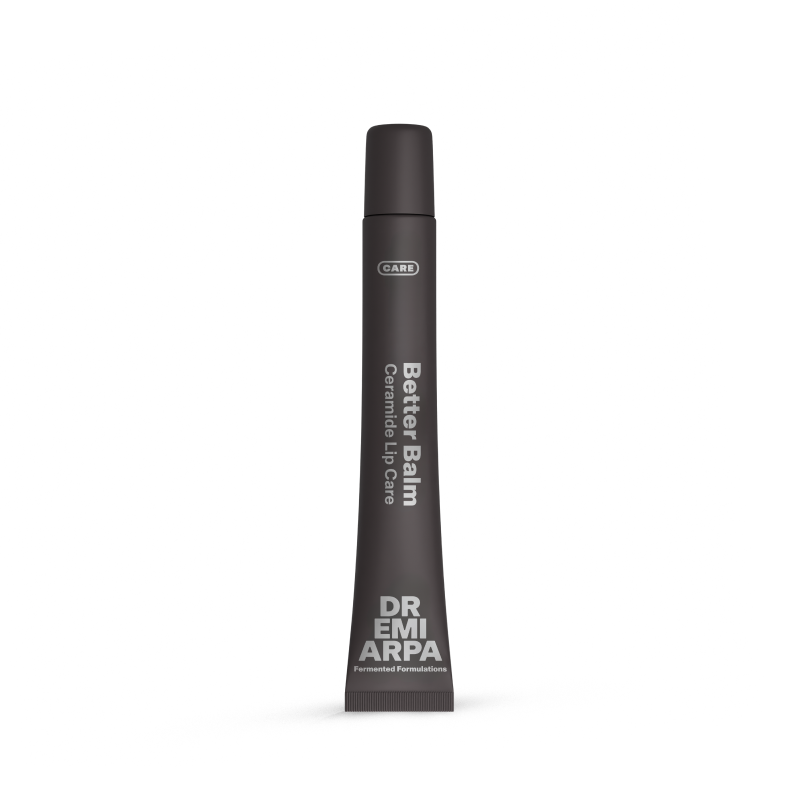SUPEROXIDE DISMUTASE (SOD)
Share
Superoxid-Dismutase (SOD) ist ein antioxidatives Enzym, das in der Hautpflege zur Bekämpfung von oxidativem Stress, zur Verringerung der vorzeitigen Hautalterung und zum Schutz vor Umweltschäden (u.a. UV-Strahlung) eingesetzt wird. Es spielt eine entscheidende Rolle beim Schutz der Zellen vor oxidativem Stress, da es die Dismutation von Superoxidradikalen (O2-) in Sauerstoff und Wasserstoffperoxid katalysiert. SOD stellt einen Zellschutzmechanismus dar, da es die Zellen so vor DNA-, Protein- und Lipidschäden schützt. (1, 2)
Zusammen mit Glycine Soya Protein und Hydrolyzed Rice Protein konnte Superoxide Dismutase in einer in-vivo-Studie für eine verbesserte Hauttextur sowie in-vitro für eine verbesserte Kapillardurchblutung und die Stimulation der Fibroblastenproliferation sorgen. (3)
(1) Islam, M., Rauf, A., Fahad, F., Emran, T., Mitra, S., Olatunde, A., Shariati, M., Rebezov, M., Rengasamy, K., & Mubarak, M. (2021). Superoxide dismutase: an updated review on its health benefits and industrial applications. Critical Reviews in Food Science and Nutrition, 62, 7282-7300.
(2) Palmieri, G., Arciello, S., Bimonte, M., Carola, A., Tito, A., Gogliettino, M., Cocca, E., Fusco, C., Balestrieri, M., Colucci, M., & Apone, F. (2019). The extraordinary resistance to UV radiations of a manganese Superoxide Dismutase of Deinococcus radiodurans offers promising potentialities in skin care applications.. Journal of biotechnology.
(3) Herstellerstudie



